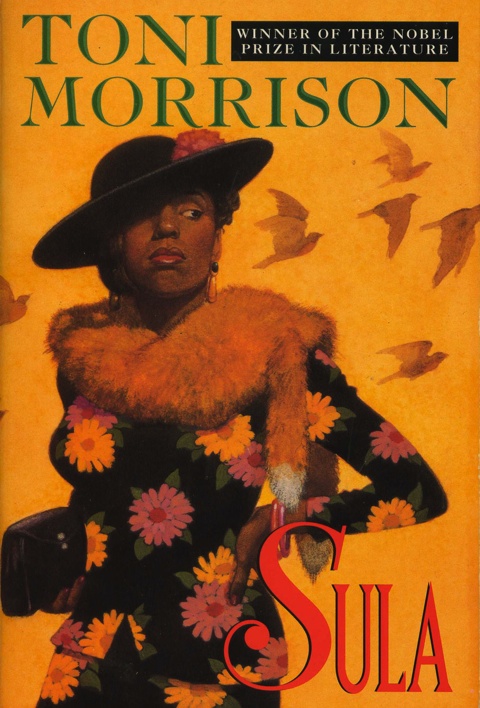


Sula is largely set between World Wars I and II in The Bottom, a black neighborhood in the Ohio town of Medallion. One sees what Morrison means, or at least I do, but as a politics this is either null (aestheticism, best left to fiction or poetry) or dangerous (fascism, a call to collective sacrifice and struggle against decadent, impure, effete others-white people, yes, but it has always seemed to me that the pejorative use of the racial epithet “white” often attracts the prejudicial associations that attach to “gay” and “Jewish” as well). There is even a slight suggestion in Sula that oppression makes communities and individuals interesting-that the merely happy and prosperous are contemptible. While Morrison hardly denies that racist exclusion-including, crushingly, economic exclusion-structures and necessitates the African-American cultural inventiveness she celebrates, she nevertheless sees its passing as a loss. Sula‘s two themes, the anarchic and the conservative, run on parallel tracks: the novel is the story of a neighborhood and also a lament over the waning, during the postwar economic boom and the push for integration, of black people’s unique cultural expression and tolerance for eccentricity and it is also the story of its eponymous heroine, Sula Peace, and her destructive and self-destructive behavior toward her family and toward her best friend, the more “normal” young woman, Nel. On the other hand, Morrison’s taste for anarchy renders Sula something other than merely nostalgic or nationalistic or reactionary.

There is no reason why she should not belong to such a broad and rebelliously conservative school of aesthetics, one that encompasses figures as diverse in time, place, and sensibility as Wordsworth and Tanizaki but in the U.S., when conservatives want to conserve a culture other than that of white people, they tend to be interpreted, understandably, as belonging to the political left. But her writing at its most intense is in the Romantic and modernist traditions of pitting an almost mythicized collective or communal culture against a technological and material progress that extirpates tradition and blunts intense experience. Toni Morrison, because she is a sort of multicultural figurehead, passes herself off as (and tends to be received as) some kind of left-liberal and her later fiction-notably Paradise and A Mercy, both of which tend to de-emphasize race/culture in favor of gender and class, respectively-approaches such a universalist politics. Sula is an anarchic novel and a conservative one.


 0 kommentar(er)
0 kommentar(er)
